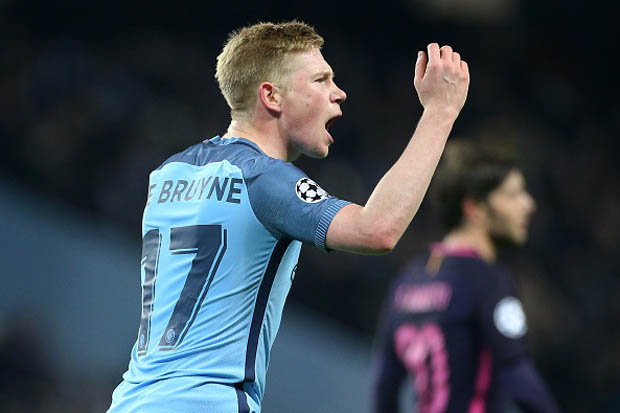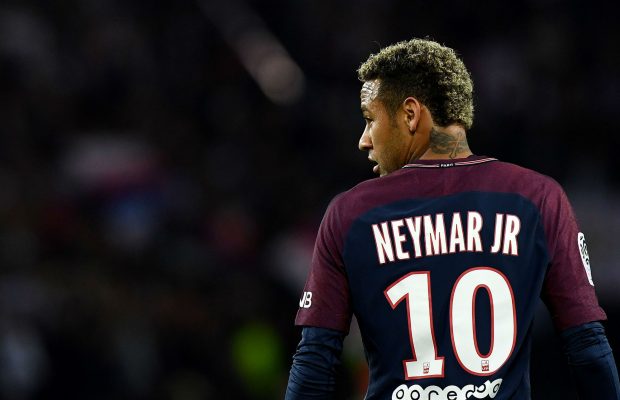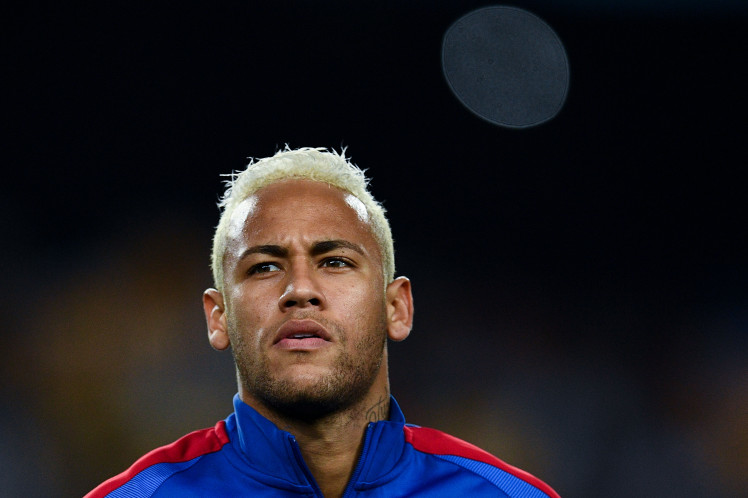The Costa/Gabriel episode: Why the FA’s decision is baffling and sets a dangerous precedent
The incident isn’t particularly memorable, it certainly doesn’t linger in the memory as long as Michael Essien’s piledriver that drew Chelsea level in the same game, but last week’s meeting of Chelsea vs Arsenal may have cast minds back to December 2006 when the two sides met at Stamford Bridge and Didier Drogba and Jens Lehmann got pantomime season off to an early start.
With the game in a second-half lull, Drogba got upset when he was denied a penalty and then took to the floor after a prod from Lehmann. The Ivorian rose to his feet quickly, gently barged Lehmann and, not to be outdone for theatrics, the German tumbled over. Referee Alan Wiley didn’t see the funny side and booked them both.
Nine years later and it seems the requirement for dramatics sadly hasn’t departed, with Gabriel Paulista assuming the role of Lehmann and filling Drogba’s shoes is Diego Costa, the rabid Brazilian striker whose biography is entitled The Art of War.
Costa loves battling with defenders both physically and mentally, spending matches wrapped in the constant search for his opponents’ weaknesses and exposing them anyway he can to try and gain an advantage.
Gabriel fell into Costa’s trap
Playing against Chelsea on Saturday Gabriel fell into the trap, reacting to Costa’s coming together with Laurent Koscielny. Both Brazilians were shown yellow cards but sensing his opportunity Costa tried to extract more from his adversary, continuing to fire verbal bullets over the shoulder of Gabriel until the Arsenal defender, according to referee Mike Dean, flicked out a boot.
Of course the details have been studied over forensically as Gabriel received a red card and set his team up for the eventual 2-0 defeat, the late sending off of Santi Cazorla compounding the misery for the Gunners. Gabriel would be blamed by his manager Arsene Wenger, “guilty for getting involved” he said, for retaliating but the Frenchman was at pains to point out Costa should have gone too.
Retrospective action has claimed as much as the striker was charged for violent conduct and banned for three matches, a verdict Chelsea say they are “disappointed with”. One can imagine Jose Mourinho secretly rubbing hands with glee as the FA have unwittingly given him a narrative with which to ramp siege mentality up to the megawatts.
‘Just as Chelsea are getting back to form’, he will say, ‘the authorities are trying to cut us down’. A return to January’s line of everybody is out to get us, when Costa was slapped with a 3-match ban for stamping on Liverpool’s Emre Can.
Punished for being a pain
But this is much different. Costa didn’t commit a single foul against Arsenal and it seems that here he is being punished for just being a pain. It is worth noting these two have met before, when Costa softly elbowed the defender when Atletico Madrid met Villarreal in February 2014, so the defender should have known better the depths of gamesmanship his opponent would be prepared to sink to. This was not an elbow but an obvious attempt to goad and provoke, the fault lies with Gabriel for falling into the trap.
It makes little sense for the FA to transfer Gabriel’s three-match suspension to Costa as it is difficult to see what the striker did that was deserving of it. The success of Arsenal’s appeal hinged on video evidence so why didn’t that same tape show the FA that Costa wasn’t doing anything violent or dangerous? The simple answer is it didn’t, so what doesn’t make sense is that the punishment tariff for harmless goading is the same as stamping on an opponents’ leg.
Baffling decision
Even more baffling is that the video evidence won the day on the basis that Paulista didn’t connect with his kick. So by that logic it’s okay to retaliate as long as you don’t connect? Throw a punch and miss you’ll be fine. As Mourinho, who didn’t want to dwell too much on the incident in his Friday press conference, said, it sets a dangerous precedent as indication that retaliation is now okay.
It is rather easy to imagine the FA having to deal with somebody like Costa, a striker who still bears the hallmarks of the streets of Brazil where he learned the game, operating right on the edge of the rules and pushing them to the very limits of acceptability.
It is anathema to the FA’s old boys’ club who like the game sanitised and free from any controversy so when these two cultures collide, all rationale and common-sense is tossed out of the window in panic and the default punishment of a three-match ban is handed out.
Punishment and self-reflection
The centre-half did in fact receive a ban, for an improper conduct charge relating to his failure to leave the pitch immediately, and a £10,000 fine for his role in the fracas. It means both players will be missing for this weekend’s action. Maybe Gabriel will use his time off to reflect on never lashing out again, while Costa may use his time, slightly longer of course, to curb his chicanery. We all know the answer to that, so the FA must be better prepared for future incidents.
There will always be players like Costa and Gabriel, being pushed right to the limits by the pressures of competition, so the authorities must solve the incoherent punishment tariff that currently binds them. How we could do with Alan Wiley.
Written by Adam Gray
Follow Adam on Twitter @AdamGray1250
Like O-Posts on Facebook
You can also follow O-Posts on Twitter @OPosts







Tasleem
September 27, 2021 at 18:58
Diego Costa is not being punished for any incident involving Gabriel Paulista; he was charged for a violent conduct against Laurent Koscielny which the referee failed to see or punish him for during the game.
cfc
September 28, 2021 at 09:48
Lol straight red for costa foul!?!? Football or softball?